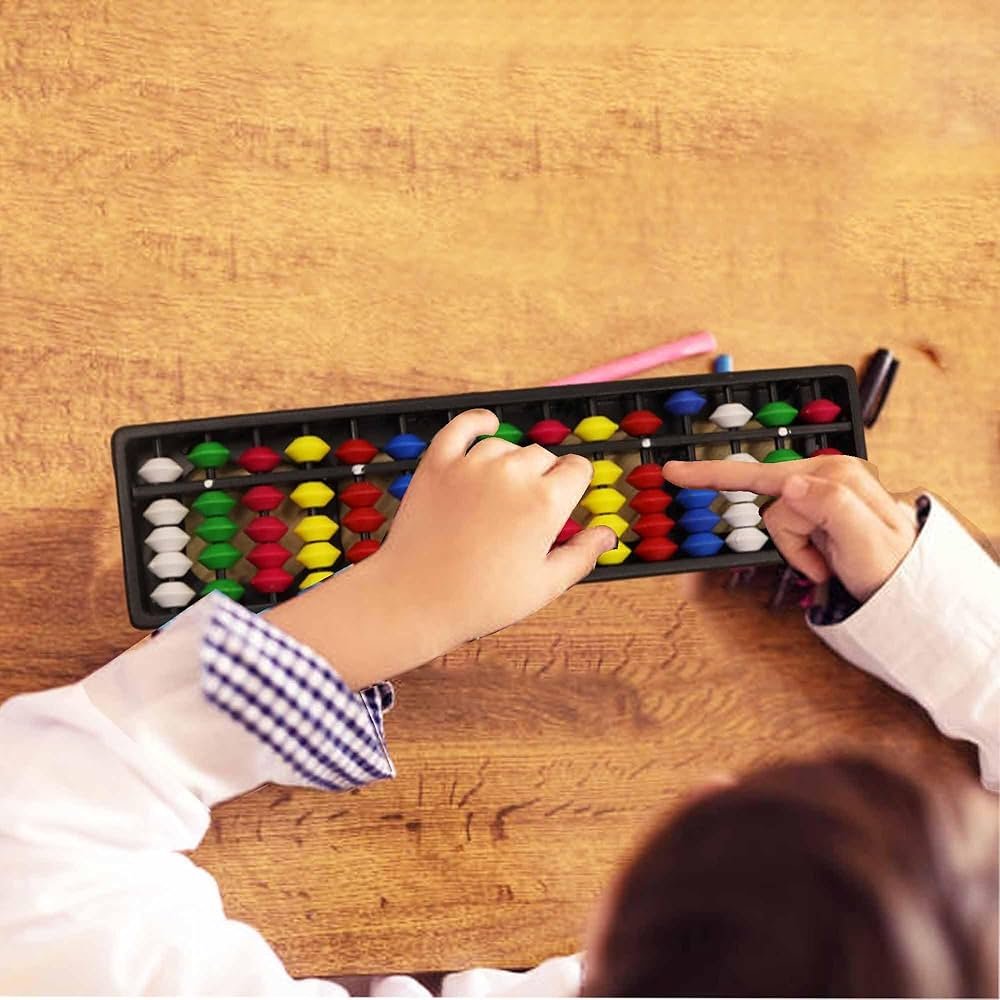In today’s fast-paced world, children are constantly surrounded by distractions that can hinder their focus and ability to concentrate. With the rise of digital screens, online classes, and the pressure of balancing extracurricular activities with academics, it can become challenging for children to maintain concentration. As parents and educators, improving a child’s concentration is crucial for their academic success and Abacus training overall development. One powerful tool that is gaining popularity for this purpose is abacus learning. In this blog, we will explore effective tips to enhance your child’s concentration and delve into how the abacus can play a pivotal role in this process.
https://zensta.in/shreedattakrupaabacusclasses/
Why is Concentration Important for Children?
Concentration is the ability to direct one’s attention toward a specific task without getting easily distracted. For children, concentration is crucial for several reasons:
- Improved Academic Performance: Concentrated children grasp concepts faster and retain them longer.
- Better Problem-Solving Skills: Concentration helps children to think critically and find solutions more efficiently.
- Increased Creativity: When children are focused, they can tap into their creative minds, leading to more imaginative and innovative thinking.
- Development of Patience and Persistence: A good concentration level enables children to stay on a task longer, even when it becomes challenging.

Now, let’s look at ways to help improve your child’s concentration.
Tips to Improve Your Child’s Concentration
- Create a Structured Routine
- Children thrive in environments that are consistent and predictable. Establish a daily routine that includes time for studies, breaks, physical activities, and recreational activities. Knowing what comes next in the day helps children mentally prepare, making it easier for them to focus on the current task.
- Break Tasks into Manageable Chunks
- Long tasks can be overwhelming for children, causing them to lose focus. Break their assignments or projects into smaller, more manageable tasks. This gives them a sense of accomplishment as they complete each part and motivates them to keep going.

- Ensure Adequate Sleep
- Lack of sleep can severely impair a child’s ability to concentrate. Ensure your child gets sufficient rest each night. For school-age children, this usually means around 9 to 11 hours of sleep per night.
- Provide a Distraction-Free Environment
- A calm and quiet study space is essential for children to focus. Minimize distractions such as television, mobile phones, or unnecessary noise in their study area. If possible, create a designated spot for learning where all necessary materials are available.
- Encourage Regular Physical Activity
- Physical activity helps children release pent-up energy and improves their ability to concentrate during study time. Incorporating short bursts of exercise or outdoor play can work wonders in enhancing their focus.
- Teach Mindfulness and Relaxation Techniques
- Techniques like deep breathing, yoga, or meditation can help children center their thoughts and calm their minds. These practices are known to enhance concentration and reduce anxiety.
- Engage in Activities That Require Focus

- Activities like puzzles, memory games, and reading can significantly improve a child’s concentration. These tasks demand focused attention and can help train the mind to stay on track.
- Limit Screen Time
- Excessive screen time can impair concentration and disrupt sleep patterns. Limiting the time spent on gadgets, especially before bed, can help children develop better focus.
- Incorporate Breaks During Study Time
- The human brain can only focus for a limited time before it starts to wander. Introducing short breaks during study sessions can help refresh your child’s mind and improve overall concentration.
The Role of Abacus Learning in Improving Concentration
The abacus is a centuries-old tool used to perform arithmetic calculations. In recent years, abacus training has gained popularity for its cognitive benefits, particularly in enhancing concentration, memory, and mental math skills. Here’s how abacus learning can help improve your child’s concentration:
- Enhanced Focus and Attention
- Abacus training requires children to visualize numbers and manipulate beads mentally. This continuous mental exercise improves their ability to focus on tasks for extended periods without getting distracted. Children trained in abacus learning often develop superior concentration skills, which translate into other academic areas.
- Boosts Visualization and Imagination
- One of the unique aspects of abacus learning is the reliance on mental imagery. Children who practice using the abacus eventually learn to perform calculations by visualizing the abacus beads in their mind. This strengthens their imaginative thinking and requires them to maintain focus on the task at hand.
- Improves Cognitive and Memory Skills
- While learning abacus, children need to remember various techniques and steps to solve problems. This constant memory exercise improves their ability to retain and recall information, thus enhancing both short-term and long-term memory.

- Sharpens Problem-Solving Abilities
- Abacus training not only involves arithmetic calculations but also requires logical thinking and quick decision-making. As children tackle increasingly complex problems, they develop problem-solving skills that demand concentration and attention to detail.
- Develops Hand-Eye Coordination
- Moving the beads on the abacus requires hand-eye coordination. Over time, this repetitive physical activity strengthens the brain’s ability to focus on visual and manual tasks simultaneously.
- Reduces Mental Fatigue
- Children often feel mentally exhausted after prolonged study sessions. Abacus learning provides a refreshing mental exercise that doesn’t overwhelm them but keeps their brain active and engaged. This helps to build stamina for concentrating on more extended academic tasks.
- Instills Discipline and Patience
- Abacus training is a structured activity that requires discipline, regular practice, and patience. Children who engage in abacus learning develop the ability to stay focused even when a task becomes challenging or time-consuming.
https://zensta.in/shreedattakrupaabacusclasses/
Conclusion
Concentration is a critical skill that can significantly influence a child’s academic success and personal growth. While it can be challenging to cultivate, parents and educators can use various strategies to improve a child’s focus. Establishing a structured routine, creating a distraction-free environment, encouraging physical activities, and incorporating mindfulness practices are all effective ways to enhance concentration. Additionally, abacus learning offers a unique approach to boosting concentration through its cognitive, visual, and mental exercises.
At Shree Dattakrupa Abacus classes, we focus on holistic development, where we combine traditional educational methods with abacus training to help children improve their concentration, memory, and problem-solving skills. Abacus learning can serve as a powerful tool in shaping your child’s cognitive abilities, making it a valuable addition to their educational journey. By integrating the right techniques and abacus training, you can help your child develop the focus they need to succeed in both academics and life.
